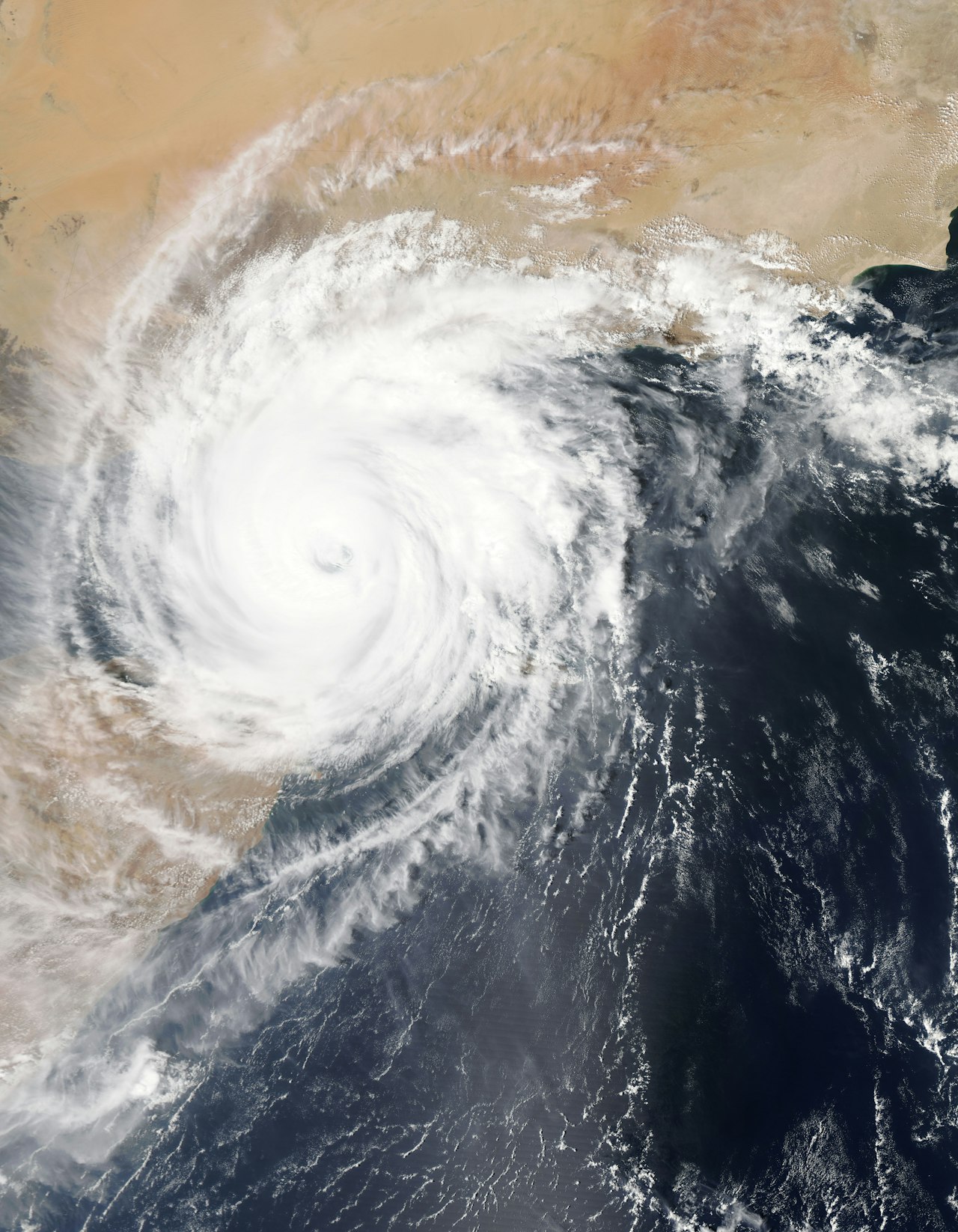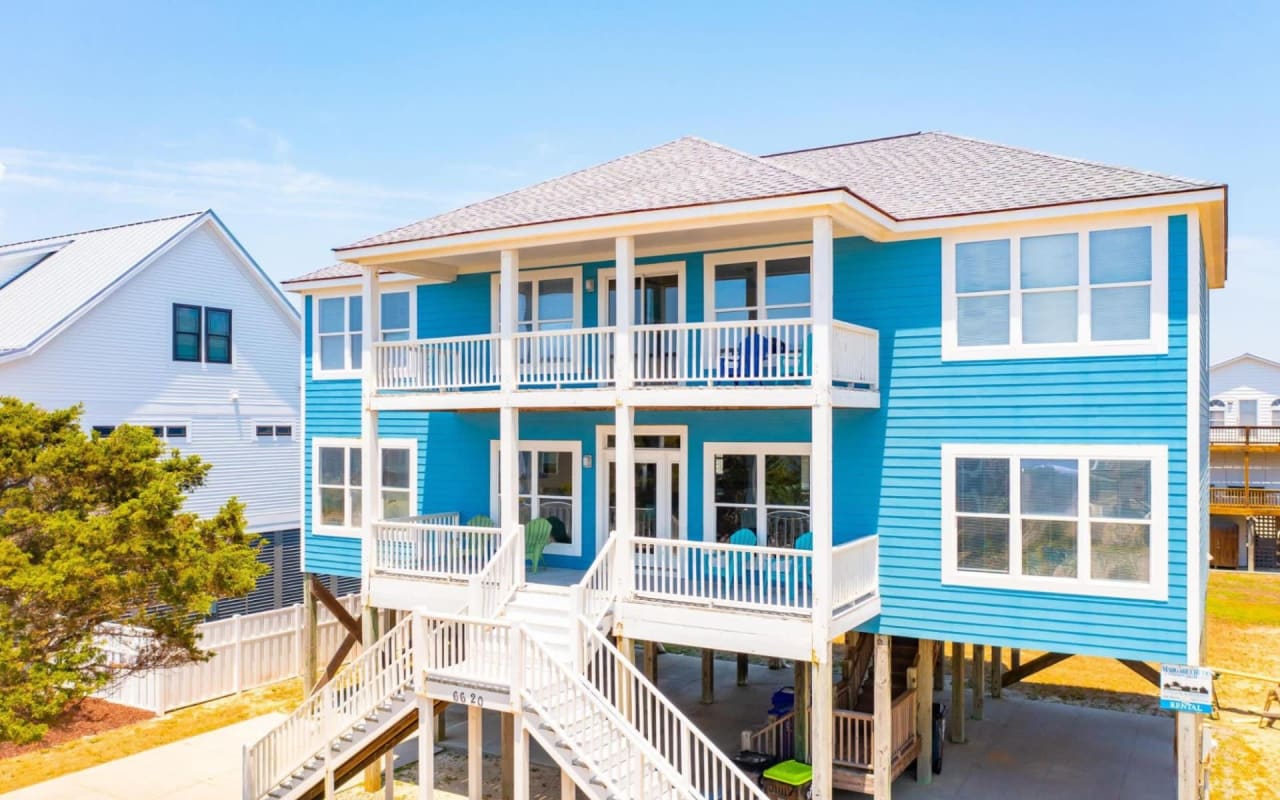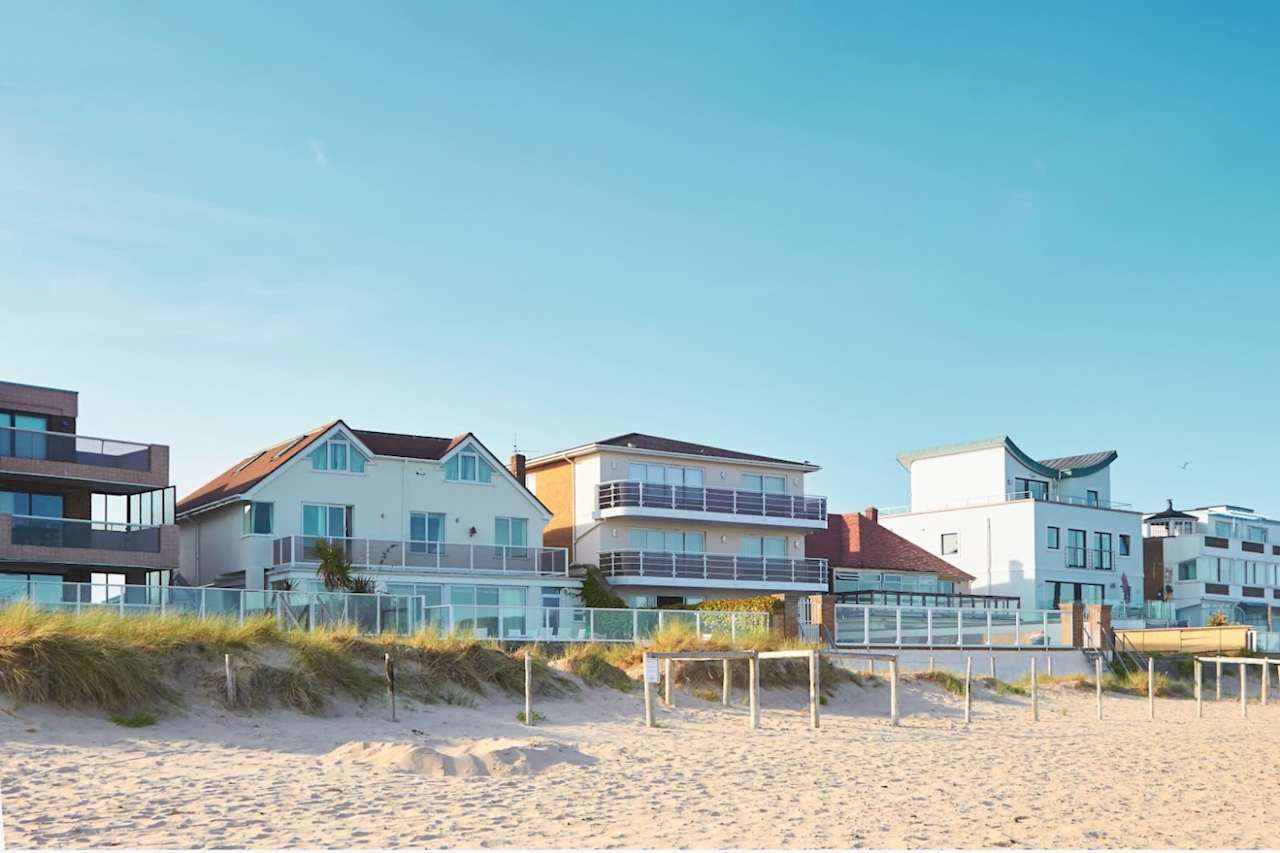When considering becoming a homeowner, it is essential to evaluate probable insurance needs carefully and to take the necessary measures to stay covered. The various types of insurance play a vital role in safeguarding a homeowner's investment and ensuring financial security. Understanding the insurance options and customizing them to the specific situation goes a long way in ensuring peace of mind for a homeowner, with their home being shielded from the wide range of risks and unforeseen circumstances. This guide on home insurance and how to acquire it is a great place to start in understanding the different kinds.
Homeowner's insurance
This vital policy protects the home and personal belongings from various risks for property owners. It usually covers damage caused by perils such as fire, theft, vandalism, and certain natural disasters. Upon the occurrence of the covered incident, the policy will help cover the costs of repairing and replacing personal property. Additionally, homeowner's insurance includes liability coverage, which protects the owner if someone is injured on their property. This coverage also helps pay legal fees, medical expenses, and other damages. It's important to carefully review the policy details, including coverage limits, deductibles, and exclusions, to ensure adequate protection for the home and belongings.
Flood insurance
Floods cause extensive damage to a home and belongings that are not usually covered by standard homeowner's insurance policies. It is crucial to consider purchasing flood insurance, especially if the property is in a flood-prone area. The lender will require flood insurance if the home is in a designated floodplain. Flood insurance covers flood-related damage, including damage caused by overflowing rivers, heavy rainstorms, or coastal flooding to a home's structure and contents. It is typically available through the National Flood Insurance Program or private insurers. When considering flood insurance, it's crucial to assess the flood risk in the area, review the policy coverage and exclusions, and weigh the potential financial impact of flood damage on a property.
Earthquake insurance
Earthquake insurance is a specialized policy that covers earthquake-related damage to personal property. This helps cover the costs of repairs, reconstruction, and replacing damaged items resulting from an earthquake. The coverage typically includes structural damage to the home's foundation, walls, and roof, along with damage to any personal belongings. Earthquake insurance policies usually have specific deductibles and coverage limits. It is, therefore, imperative to carefully review the terms and conditions to ensure appropriate coverage. Additionally, assessing the seismic activity in that area and the potential risk to a property can help determine the necessity of earthquake insurance.
Title insurance
Title insurance is essential to a homeowner as it safeguards against potential financial losses related to property title problems such as undisclosed liens, conflicting ownership claims, unresolved legal disputes, or errors in public records. The lender's title insurance protects the lender's investment, while the owner's title insurance covers the homeowner's investment. Mortgage lenders typically require lender's title insurance, while owner's title insurance is optional but highly recommended. A title search is conducted during home-buying to identify potential title issues. This coverage protects the homeowner against possible financial losses and legal disputes.
Mortgage Insurance
Lenders require this type of insurance when a down payment of less than 20 percent is made during a home purchase. It covers the lender if the borrower defaults on the mortgage. The specific mortgage insurance depends on the type of loan. Conventional loans typically require private mortgage insurance, and government-backed loans have mortgage insurance premiums. The cost of mortgage insurance is generally added to your monthly mortgage payment. Once a homeowner has paid down their mortgage balance to a certain threshold or reached 20% equity in the home, they can request the cancellation of mortgage insurance.
Liability umbrella insurance
Liability umbrella insurance is additional coverage that supplements the standard homeowner's insurance policy. While homeowner's insurance provides liability protection, it has coverage limits that may not be sufficient in certain situations. Liability umbrella insurance kicks in when the homeowner's insurance limits have been exhausted, providing extra coverage for legal expenses and medical bills resulting from accidents or injuries on the property.
This insurance is particularly beneficial if the owner has substantial assets that could be at risk in the event of a lawsuit. It provides added financial protection and peace of mind, safeguarding their assets and future earnings. When considering liability umbrella insurance, homeowners must assess their needs, consult an insurance professional, and determine the appropriate coverage amount based on their assets and potential liabilities.
Builder's risk insurance
This construction insurance is designed to protect homeowners during the construction or renovation of their property. When building a new home or undertaking significant remodeling, a standard homeowner's insurance policy only provides coverage once the construction is completed. Builder's risk insurance fills this gap, covering the structure and materials during construction. It protects against fire, vandalism, theft, and weather-related damage. Securing a builder's risk insurance before construction begins is crucial. It ensures all parties, including contractors and subcontractors, have insurance coverage.
Sewer and water line insurance
Also known as service line coverage, it is an insurance policy that protects homeowners against the costs of repairing or replacing damaged or broken sewer and water lines. A typical homeowner's insurance usually excludes coverage for these types of issues. However, the repair costs can be substantial if a sewer line or water line on a property develops a leak, clog, or experiences a breakage. Sewer and water line insurance helps cover the expenses of these repairs, including excavation, pipe replacement, and landscaping restoration, making this coverage precious for homeowners.
Personal property insurance
Although the homeowner's insurance typically covers personal belongings, there may be limits or exclusions for high-value items such as jewelry, artwork, or collectibles. Private property insurance, often called a floater or endorsement, provides additional coverage for these valuable items. It offers protection against loss, theft, or damage that the standard homeowner's insurance policy may fail to cover adequately. Personal property insurance provides coverage based on the appraised or agreed-upon value of the item, assuring the repair or replacement in case of the covered incident. It's crucial to have appraisals or documentation of the value of your high-value belongings when obtaining personal property insurance.
Discover opulent living in the luxurious beach homes in Oak Island, North Carolina
While all these types of insurance might not apply to you or your home, it’s still important to be aware of your options. If you are considering purchasing a beach home for sale in Oak Island, NC, working with an expert realtor should definitely be on your list. Jenna Kazmierczak is a seasoned broker in the Oak Island real estate market, ready to help you find your dream home amongst the beach homes for sale in Oak Island, North Carolina. Contact Jenna today and get started on your journey to becoming a homeowner.




























